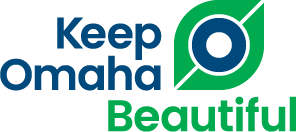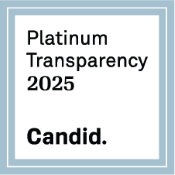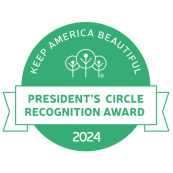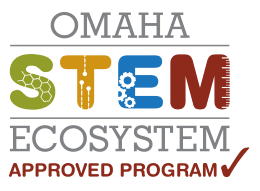LITTER DATA COLLECTION
Join our long-term project to gain insight on litter prevention strategies.
Our partners at Ocean Conservancy have made it easy for us to track what type of litter we are finding in our city. Check out the three methods to report your litter data below.
Option #1: Download the Clean Swell App
Download the Clean Swell App to easily record each item of trash you collect. This is the best option if you plan on conducting cleanups on a regular basis. It is easy to use, and the data you enter will go directly to a global database. KOB and other environmental advocates will be able to see a trash analysis on a city-wide scale, making it possible to find long-term solutions to litter prevention.
Click here to learn how to download the app and record your first cleanup.
Option #2: TIDES
Trash Information and Data for Education and Solutions (TIDES) is a public, global database for trash analysis. All data input from the Clean Swell App will go directly to TIDES, allowing KOB and other environmental advocates to complete a city-wide analysis of the litter that is being collected. TIDES allows you to input data from your cleanup without downloading the Clean Swell App.
1. Visit https://www.coastalcleanupdata.org/.
2. Click Log-In
3. Use KOB's Log-In (Get this info from the Volunteer Manager)
4. Click Enter Data
Option #3: Paper Data Card
Click the button below or contact Keep Omaha Beautiful to receive a paper data collection card to take with you on your cleanup. Post-cleanup, return your card to KOB.
Nebraska isn't on the coast - why work for "Trash Free Seas"?
Pollution that enters streams and creeks can lead to the ocean. In Omaha, we are part of the Papillion Creek Watershed*. The Papillion Creek leads to the Missouri River, and the Missouri River leads to the Gulf of Mexico. Learn more by watching the video below!
The pollution we create in our city can negatively impact those downstream. Analyzing the trash in Omaha with tools provided by Ocean Conservancy will help advocates and scientists further understand how to maintain healthy urban environments, waterways, and oceans.
* A watershed is an area of land where all the water that drains off of it collects into the same place.




